Suffering from Hair fall? Here’s the 5 Best Vitamins For Hair Growth
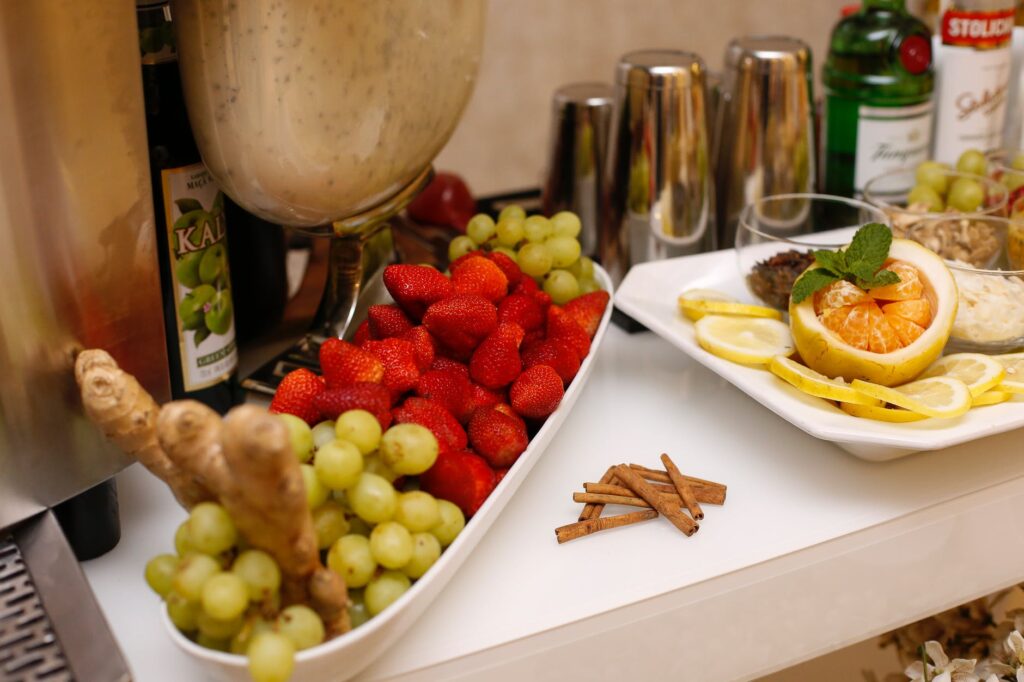
There are so many factors that contribute to healthy hair and vitamins are one of the important factors that contribute to sexy, shiny and healthy hair.
Achieving healthy and shiny hair is one of the greatest tasks every woman faces. You must have pulled it, colored it, fried it, brushed it, teased it, greased it, curled it, moussed it, and even mussed it. And nothing’s helped. But here is the secret; sexy, shiny and healthy hair starts from the inside out.
Basically, healthy hair depends on four factors; age, hormones, the pills you pop and your diet and vitamins falls under the diet category. “Hair is a barometer of your overall health,” says David H. Kingsley, Ph.D., a hair and scalp expert of the British Science Corporation in New York City.
Quick fact: If you’ve noticed your hair starting to thin, become weaker, or split apart towards the end, it could be as a result of vitamin deficiency because vitamins play a major role in development of hair follicles.
While factors such as pills, age, genetics and hormones affect hair health, practicing a good diet is very important. Below are 5 vitamins that contribute to sexy, shiny and healthy hair.
1. Vitamin A
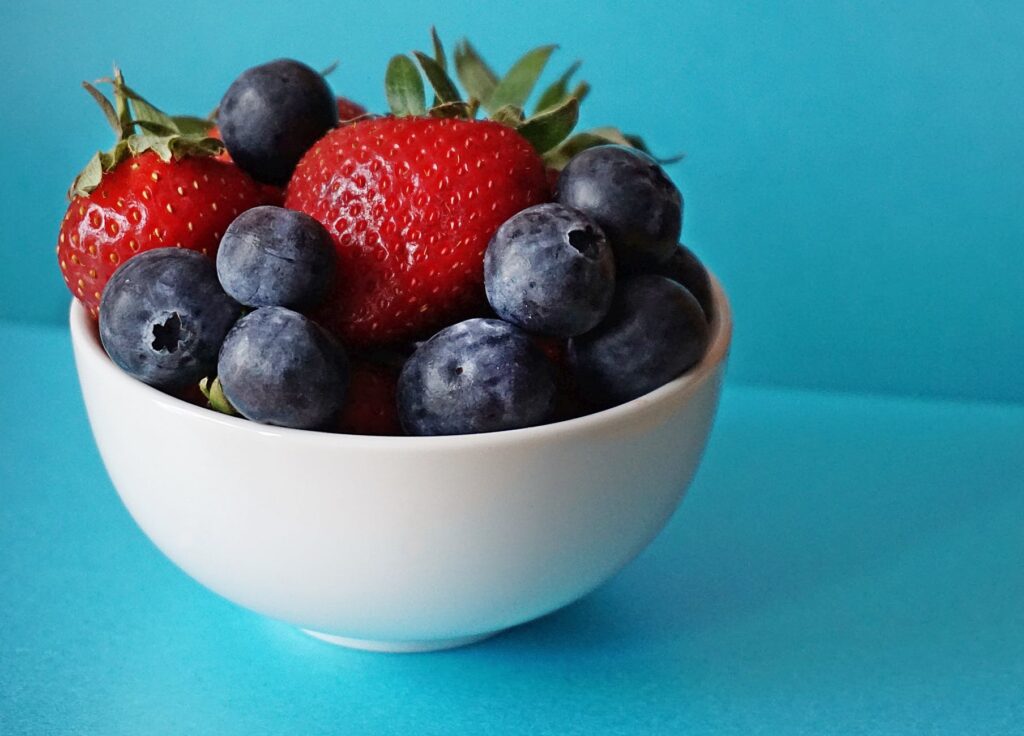
According to research, Vitamin A and its derivatives (retinoids) are critically important in the development and maintenance of multiple epithelial tissues, including skin, hair, and sebaceous glands, as shown by the detrimental effects of either vitamin A deficiency or toxicity.
Vitamin A is very essential to growth and that includes the growth of hair follicles. Vitamin A moisturizes the hair and ultimately keeps the hair healthy by producing an oily substance called sebum.
While vitamin A moisturizes and keeps the hair healthy, having too much of it can affect your hair negatively. According to MSD MANUAL, Consuming too much vitamin A over a long period of time can cause coarse hair, partial loss of hair (including the eyebrows), cracked lips, and dry, rough skin.
Good sources of vitamin A include kale, carrots, potatoes, spinach and some specific animal foods.
2. Vitamin B
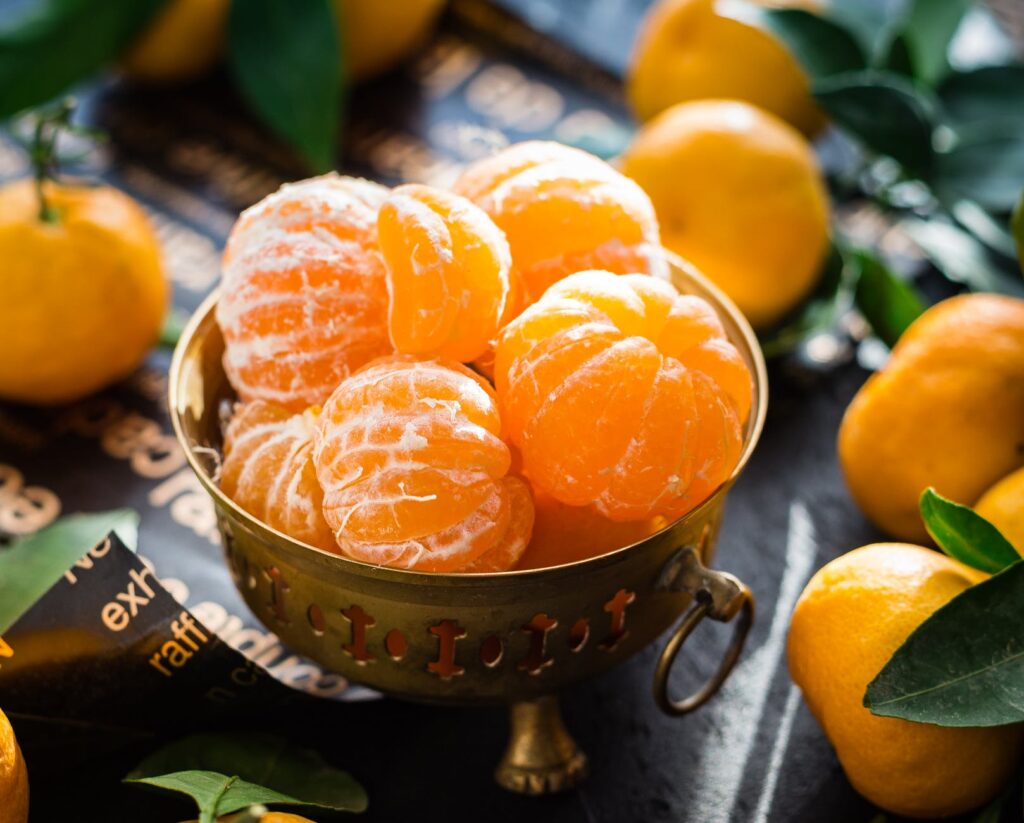
According to research, deficiency of vitamin B causes hair loss. Vitamin B is one of the most important vitamins for hair growth.
To be specific, not all varieties of vitamin B help in hair growth. Biotin(Vitamin B7) helps in production of keratin( a protein that makes up your hair, nails and skin). Hence vitamin B7 helps to boost the growth of hair follicles.
According to a 2017 review in the journal Skin Appendage Disorders, there is little conclusive evidence that biotin reduces hair loss, but it remains a popular supplement for hair, skin, and nail growth.
“Biotin supplementation may be helpful for people who are truly biotin-deficient, but biotin deficiency is quite rare amongst the general population,” Gary Linkov, MD, a facial plastic surgeon and hair restoration specialist at City Facial Plastics in New York City, tells WebMD Connect to Care.
Vitamin B7, also known as Biotin, is an essential vitamin for hair growth. It promotes hair growth by producing red blood cells, which transports oxygen to the scalp so that hair follicles can generate new hair.
Whole grains, fish, seafoods, dark, leafy greens, and almonds are the major sources of vitamin B.
3. Vitamin C
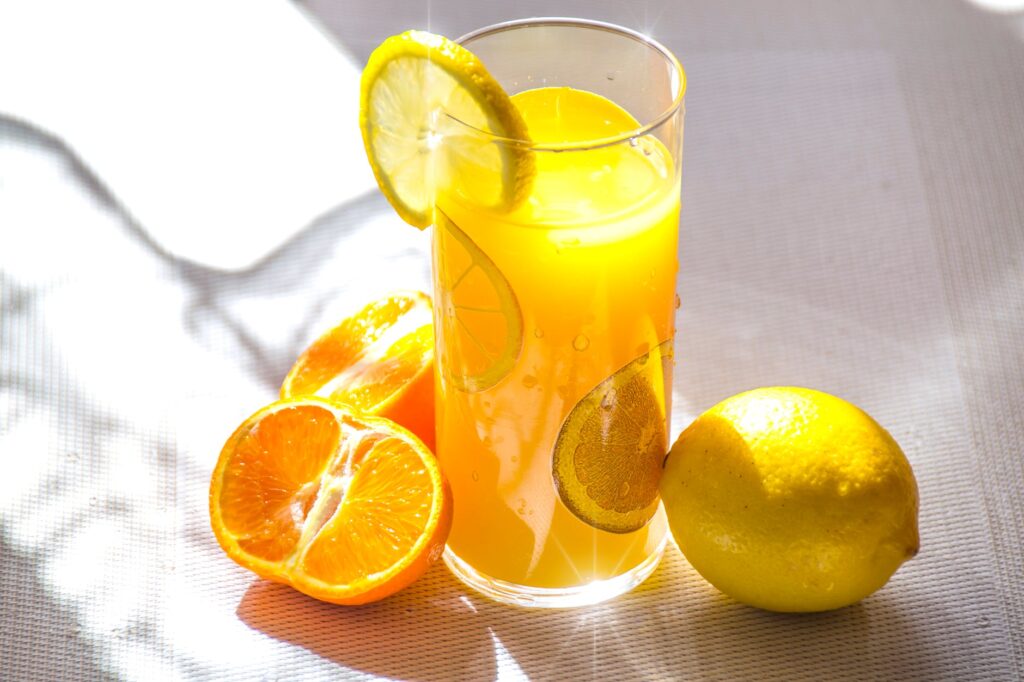
Vitamin C is an essential nutrient that helps to create a protein known as collagen which is an important component of hair structure. In addition, vitamin C helps your body to absorb iron, an important mineral for hair growth.
Vitamin C promotes hair health, reduces hair loss, and improves hair growth.
Other benefits of Vitamin C as it relates to hair health are:
- Fight off dandruff
- Prevent premature greying of hair
- Combat against hair loss
- Prevent hair from growing weak, brittle and thin.
Strawberries, peppers, guavas, and citrus fruits are all good sources of vitamin C.
4. Vitamin D
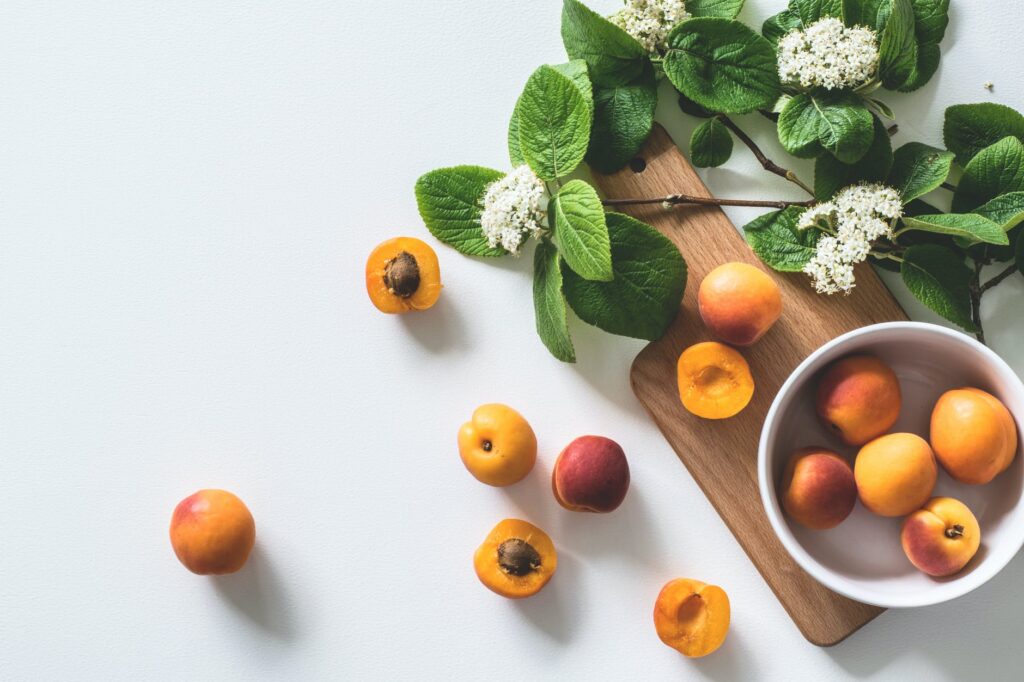
Hair follicles are highly sensitive to hormones. Vitamin D is a hormone that plays an important role in production of new hair follicles.
Vitamin D is an essential nutrient that helps immensely in creating new hair follicles. When your body lacks the recommended amount of vitamin D, it can lead to hair loss. We’ve written more comprehensively about vitamin B and D here.
Research shows that a lack of vitamin D in your body can lead to hair loss. One role vitamin D plays is stimulating new and old hair follicles. When there isn’t enough vitamin D in your system, new hair growth can be stunted(healthline)
Good sources of vitamin D includes; fatty fish, cod liver oil, some mushrooms and fortified foods.
5. Vitamin E
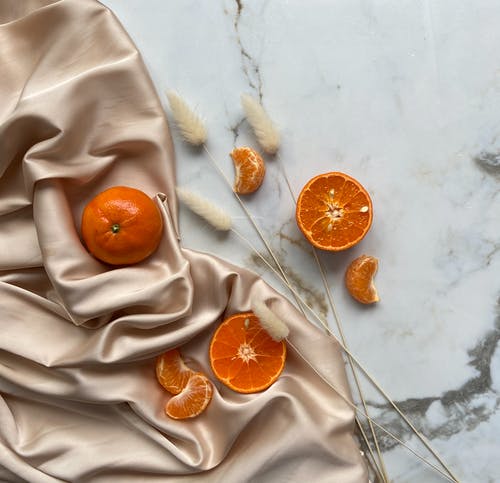
Vitamin E moisturizes the scalp and provides your hair a strong base to grow from by reducing oxidative stress and preserving the protective lipid layer.
A small research study using a total of 38 volunteers experiencing hair loss examined the role that vitamin E played in preventing this loss. The study found that one of the components of vitamin E did improve the hair growth of the volunteers compared with a placebo.
“With pollution, environment, and sun exposure, our hair strands cumulatively get damaged, causing more breakage, discolouration (greying), roughness and even hair fall. Vitamin E has been shown to increase capillary circulation in the scalp, thereby helping to increase hair growth. As it turns out, minoxidil also works by increasing circulation, although to a much stronger effect,” explains Dr Kiran Sethi of Isyaderm Clinic in New Delhi.
Sunflower seeds, almonds, spinach, and avocados are all good sources of vitamin E.
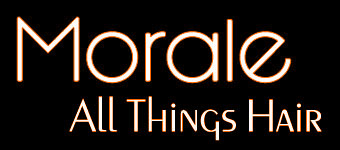
Comments
No comment yet.